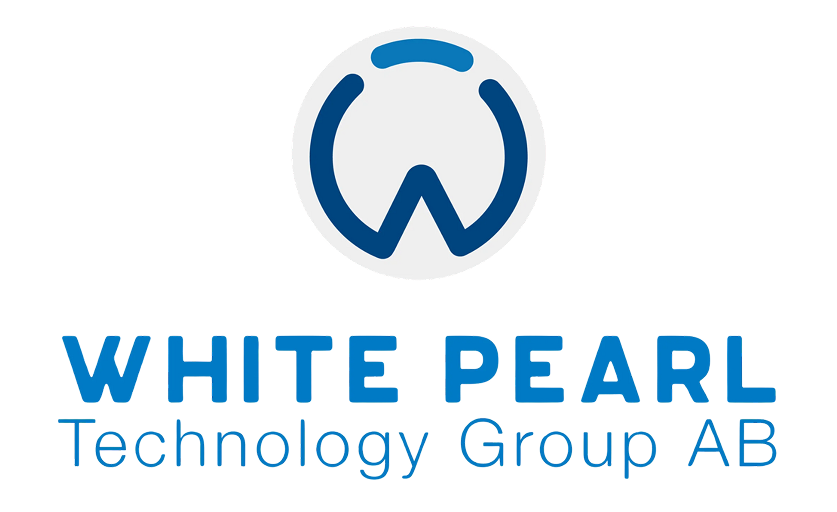IT Compliance Framework: Essential Guide for Technology Companies 2024
In today’s increasingly complex digital landscape, where technology companies face unprecedented challenges in managing regulatory requirements while driving innovation, IT compliance has emerged as a fundamental cornerstone of successful business operations, particularly for organisations operating across multiple jurisdictions and handling sensitive data.
Understanding IT Compliance in Modern Technology Companies
The Evolution of IT Compliance
The concept of IT compliance has evolved significantly over the past decade, transforming from a simple checklist-based approach to a comprehensive framework that encompasses risk management, data protection, security protocols, and regulatory adherence, all while supporting business growth and technological innovation in an increasingly competitive marketplace.
Comprehensive Compliance Framework Components
Modern technology companies must develop and maintain robust compliance frameworks that integrate various elements including regulatory requirement management, sophisticated risk assessment methodologies, comprehensive data protection standards, and implementation of cutting-edge security protocols, all working together to create a cohesive and effective compliance ecosystem that supports both operational excellence and regulatory adherence.
Strategic Implementation of Compliance Functions
Regulatory Compliance Management
Technology organisations operating in today’s global marketplace must navigate an intricate web of regulatory requirements, including but not limited to GDPR compliance for European operations, regional data protection laws across different jurisdictions, industry-specific regulations that vary by sector, and international standards such as ISO 27001, all while maintaining operational efficiency and competitive advantage in their respective markets.
Advanced Risk Management Protocols
Effective risk management in modern technology companies requires a sophisticated approach that combines traditional risk assessment methodologies with advanced technological solutions, incorporating elements such as automated threat detection systems, comprehensive data breach prevention protocols, continuous compliance monitoring mechanisms, and integrated operational risk management frameworks that adapt to emerging challenges and evolving regulatory landscapes.
Policy Development and Implementation Strategies
The development and implementation of effective compliance policies require a multifaceted approach that encompasses clear documentation practices, standardised operating procedures that can be consistently applied across different departments and regions, regular policy updates that reflect changing regulatory requirements, and comprehensive employee guidance systems that ensure consistent adherence to compliance standards throughout the organisation.
Advanced Compliance Implementation Frameworks
Technology-Driven Solutions
Modern compliance implementation necessitates the integration of sophisticated technological solutions that can automate monitoring processes, provide real-time compliance tracking capabilities, seamlessly integrate with existing operational systems, and offer scalable frameworks that can adapt to growing organisational needs while maintaining consistent compliance standards across all business operations.
Comprehensive Training and Development Programs
Successful compliance programs must incorporate extensive training initiatives that include regular staff development sessions, continuously updated compliance resources that reflect the latest regulatory requirements, professional certification programs that validate compliance knowledge, and sophisticated assessment tools that can measure the effectiveness of compliance training across different organisational levels.
Future-Focused Compliance Strategies
Emerging Technologies and Compliance
As technology continues to evolve at an unprecedented pace, compliance frameworks must adapt to incorporate emerging technologies such as artificial intelligence for compliance monitoring, blockchain for transparent record-keeping, advanced analytics for predictive risk assessment, and automated compliance testing systems that can proactively identify potential issues before they become significant problems.
Strategic Planning and Adaptation
Organisations must develop forward-looking compliance strategies that can anticipate regulatory changes, adapt to evolving technology landscapes, incorporate new business requirements, and maintain effectiveness in an increasingly complex digital environment while supporting continued growth and innovation across all operational areas.
Building a Comprehensive Compliance Culture
Organisational Integration
Creating a robust compliance culture requires comprehensive organisational integration that includes unwavering leadership commitment to compliance principles, active employee engagement in compliance processes, regular training and development programs that keep staff updated on compliance requirements, and continuous improvement initiatives that ensure the compliance framework remains effective and relevant in a changing business environment.
Long-term Sustainability
Sustainable compliance frameworks must be designed with long-term effectiveness in mind, incorporating elements such as scalable compliance monitoring systems, adaptable policy frameworks that can evolve with changing requirements, comprehensive documentation processes that support audit readiness, and integrated review mechanisms that ensure continued compliance effectiveness across all organisational levels.
